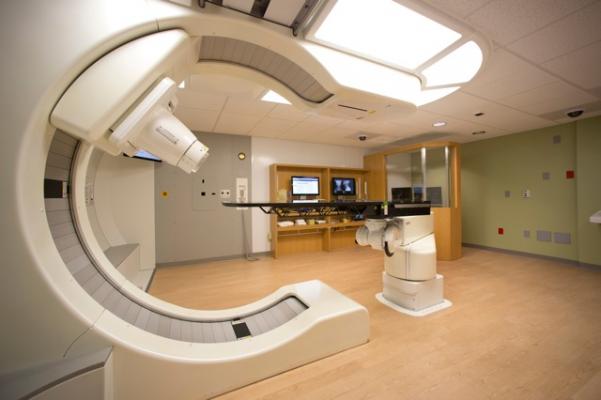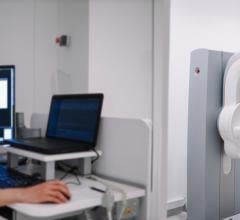
October 30, 2017 — The National Association for Proton Therapy (NAPT) announced a number of clinical papers showing promising results were presented at the Particle Therapy Cooperative Group – North America (PTCOG-NA) meeting, Oct. 23-25 in Chicago, by leading physicians from across the country. The clinical trial abstracts on key cancer indications continue to demonstrate the growing body of evidence supporting the clinical benefits of proton therapy.
Esophageal Cancer
Physicians from the M.D. Anderson Cancer Center, the Mayo Clinic and the University of Maryland evaluated the impact of different radiation therapy treatments on outcomes for elderly esophageal cancer patients treated with chemotherapy and radiation therapy followed by surgery. The radiation therapy treatments evaluated in the study were 3-D conformal radiation therapy, intensity modulated radiation therapy (IMRT) and proton therapy. Proton therapy enables physicians to minimize the dose of radiation to the heart and lungs while targeting esophageal cancer. The study results reflected that patients treated with proton therapy had fewer postoperative heart and lung complications such as acute respiratory distress syndrome (ARDS) and heart attacks, shorter hospital stays, and reduced risk of postoperative death than patients treated with other types of radiation.
Prostate Cancer
Two presentations addressed the treatment of prostate cancer with proton therapy. In a follow-up to previous studies utilizing SEER (Surveillance & End Results Registry) and Medicare claims data to compare outcomes between proton therapy and IMRT, physicians from Northwestern Medicine Chicago Proton Center and the University of Florida Health Proton Therapy Institute analyzed a more contemporary and larger population of patients treated with proton therapy and IMRT. The study included patients treated by multiple proton therapy providers from across the country. Compared with the IMRT cohort, the proton patients had a significantly higher five-year survival rate (94 versus 87 percent), fewer bladder complications and fewer secondary cancers.
In a direct comparison of clinical outcomes between cohorts of prostate cancer patients treated with IMRT and proton therapy, investigators from the University of Florida Health Proton Therapy Institute and the Mayo Clinic in Arizona found similar complication rates between IMRT and proton therapy, but significantly higher disease control rates with proton therapy for low- and intermediate-risk prostate cancer patients. Disease control rates for high-risk prostate cancer patients were similar between the proton and IMRT cohorts, but hormone therapy was not used as often or for as long as duration in patients who received proton therapy.
Commenting on the studies, William Hartsell, M.D., medical director for the Northwestern Medicine Chicago Proton Therapy Center, stated “These studies show the potential for proton therapy to improve outcomes for patients, especially in reducing the side effects from treatment, which may also allow for more effective treatment and better disease control.”
Breast Cancer
Initial findings from a multi-institutional study sponsored by the Proton Collaborative Group demonstrated that short-course proton therapy to the partial breast is a safe and effective treatment for select patients with early-stage breast cancer. Side effects of treatment were minimal, with no serious treatment-related adverse events reported. Good or excellent breast cosmesis was attained for all patients. There have been no local or distant disease recurrences to date. This study confirms that partial breast irradiation with short-course proton therapy is well tolerated and provides excellent early cancer control.
Scott Warwick, executive director of the National Association for Proton Therapy, described the results from the abstracts presented at this week’s PTCOG-NA meeting as “very encouraging” and that “more and more of our members are producing valuable and meaningful research demonstrating the clinical benefits of proton therapy for cancer patients.”
Since PTCOG-NA’s creation in 2013, the NAPT and PTCOG-NA have worked collaboratively together to advance evidence-based proton therapy coverage through cooperative research, development of a model coverage policy and advocacy.
For more information: www.ptcog-na.org


 April 17, 2024
April 17, 2024 








